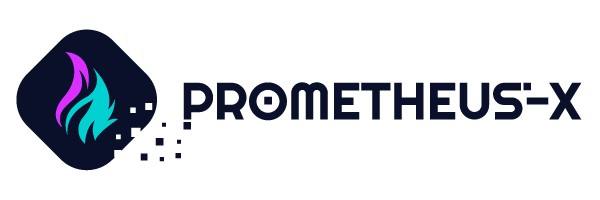Improving Trust and Quality in Data Exchange with Data Veracity Assurance
In today’s networked digital world, the integrity and reliability of data is of paramount importance. The concept of Data Veracity Assurance is a beacon of trustworthiness and accountability in the complex networks of data exchange. This initiative aims to overcome the challenges and difficulties of ensuring data quality between different stakeholders and lay the foundation for a more reliable and transparent data ecosystem. Below, we explore the nature, benefits and unique features of Data Veracity Assurance and explain its importance for anyone navigating the complex data space.
What is Data Veracity Assurance?
Data Veracity Assurance is a sophisticated framework that confirms the quality and authenticity of data exchanged in data room scenarios. It introduces a symmetrical relationship of trust and accountability between data producers and consumers, facilitated by veracity agreements. These agreements define the key quality attributes of the exchanged data, such as completeness, accuracy and consistency, which are underpinned by a common, semantically supported description approach. The initiative uses Verifiable Credentials to formalize these agreements and enable a reliable verification process through various models, including third-party attestation and zero-knowledge proofs. This ensures that all shared data meets the pre-agreed criteria, avoiding the risks of incomplete or incorrect information.
The Benefits of Implementing Data Veracity Assurance
Data Veracity Assurance excels primarily through its ability to significantly improve the trustworthiness and reliability of data sharing. At a time when data interdependencies are becoming increasingly complex and dynamic, the risk associated with poor data quality is higher than ever. This framework provides a comprehensive solution to ensure data veracity, reducing the likelihood of decisions being made on the basis of inaccurate data. Stakeholders can rely on the data they receive, knowing that it has been checked against agreed quality standards.
An approach based on self-sovereign identities and verifiable credentials on the one hand, and multiple modalities of veracity attestation and proving, on the other hand, enables agility in complying with privacy and data protection standards – importantly, the General Data Protection Regulation (GDPR).
Unique Features of Data Veracity Assurance
- Comprehensive Data Quality Framework: it provides a versatile solution for managing and verifying a wide range of data properties, from basic characteristics to more complex statistical and domain-specific properties.
- Innovative Verification Models: The framework supports a variety of verification approaches, including consumer-side assessments, producer-side evidence and third-party attestations, enabling different types of data and ownership verification.
- Integration with Data Value Chain Tracker: This feature aims to increase the value of data through veracity and emphasizes the importance of quality in data valuation, especially in models where data veracity is critical.
- Decentralized contract management: leveraging blockchain technology and decentralized concepts to provide a secure and transparent method of managing truth agreements that increases trust between participants.
- Compliance with standards: Compliance with ISO8000 and new ISO/IEC standards for data quality and AI ensures that the framework meets global quality benchmarks, strengthening its reliability and effectiveness.
With the prototype expected to launch in June 2024, Data Veracity Assurance is at the forefront of transforming data sharing by ensuring data integrity and trust. This initiative not only addresses the pressing challenge of data quality in complex data exchange scenarios, but also promotes a culture of accountability and transparency among data stakeholders. As it evolves, Data Veracity Assurance will become an indispensable tool for all stakeholders in the data ecosystem, ushering in a new era of trust and quality in digital information exchange.
